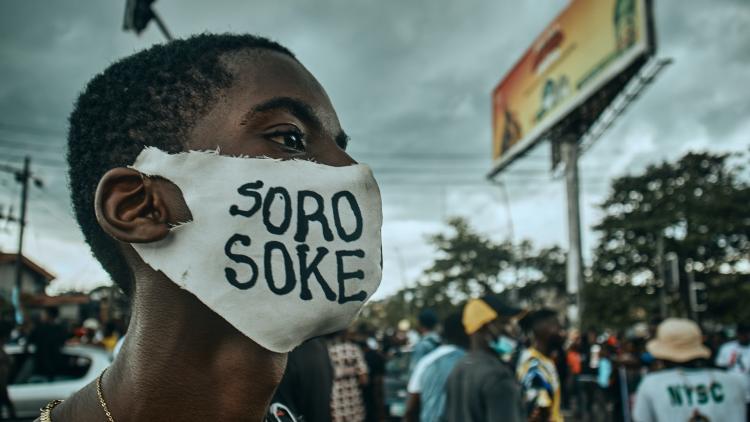International Refugee Law

Key information
- Start date
- End date
- Year of study
- Any
- Duration
- Term 1
- Module code
- 15PLAH069
- FHEQ Level
- 7
- Credits
- 15
- Department
- School of Law, Gender and Media
Module overview
Non-Law students must contact convenor Dr Lutz Oette directl to prove that they have previous experience of law studies before being allowed to enrol.
The course will provide an in-depth introduction to international refugee law. It covers core concepts, the historical development of international refugee law, the Refugee Convention, particularly its definition, regional refugee treaties, particularly in Africa, refugee law and practice worldwide, the relationship between refugee law and human rights law, and broader questions of global refugee law and policy. It also explores cross-cutting issues, such as race, gender, age, and intersectionality, which have been of increasing importance in the field of international refugee law. The course builds on a range of theoretical perspectives that enable students to critically interrogate the genesis of, and current developments in, international refugee law. Students will engage with case law, policy documents and key academic texts to acquire both sound knowledge of the law and critical awareness of the biases, gaps and challenges in the current system. Students will deliver presentations on topical developments in the field, with a particular focus on regional and critical perspectives. The course locates the subject matter in systemic tensions between sovereignty and global migration. In this context, it explores whether, and to what extent, international human rights law can provide adequate protection, and it examines alternatives to the current system of refugee law.
Objectives and learning outcomes of the module
On successful completion of this module a student will be able to:
- demonstrate knowledge and awareness of the various sources, institutions and procedures in the field of international refugee law
- critically appraise the theoretical debates in the field
- engage in critical legal analysis of the practice of judicial and other institutions
- critically reflect on the role of the law in shaping the experiences of refugees and asylum seekers, including the protection of their rights
- carry out independent research in the field of refugee law and policy using both library-based and electronic resources.
Workload
- Weekly 2-hour seminar
Scope and syllabus
- Introduction; overview of field: key sources, theories and debates
- The development of international refugee law
- The Refugee Convention
- Regional refugee law, with a particular focus on the OAU Convention and Cartagena Declaration
- International refugee law and international human rights law
- Refugee law beyond the Convention: regional and national dimensions
- Race, class, and gender in the context of refugee law
- Refugee law and children
- Internally Displaced Persons
- Refugee law and policy
Method of assessment
- Oral presentation: 20%
- Essay: 80% (2500-3000 words)
Suggested reading
- Marina Sharpe, The Regional Law of Refugee Protection in Africa (Oxford University Press, 2018)
- James C. Hathaway and Michelle Foster, The Law of Refugee Status, 2nd edn (Cambridge University Press, 2014)
- Thomas Gammeltoft-Hansen, Access to Asylum: International Refugee Law and the Globalisation of Migration Control (Cambridge University Press, 2011)
- B.S. Chimni (ed.), International Refugee Law: A Reader (Sage, 2000)
Disclaimer
Important notice regarding changes to programmes and modules


